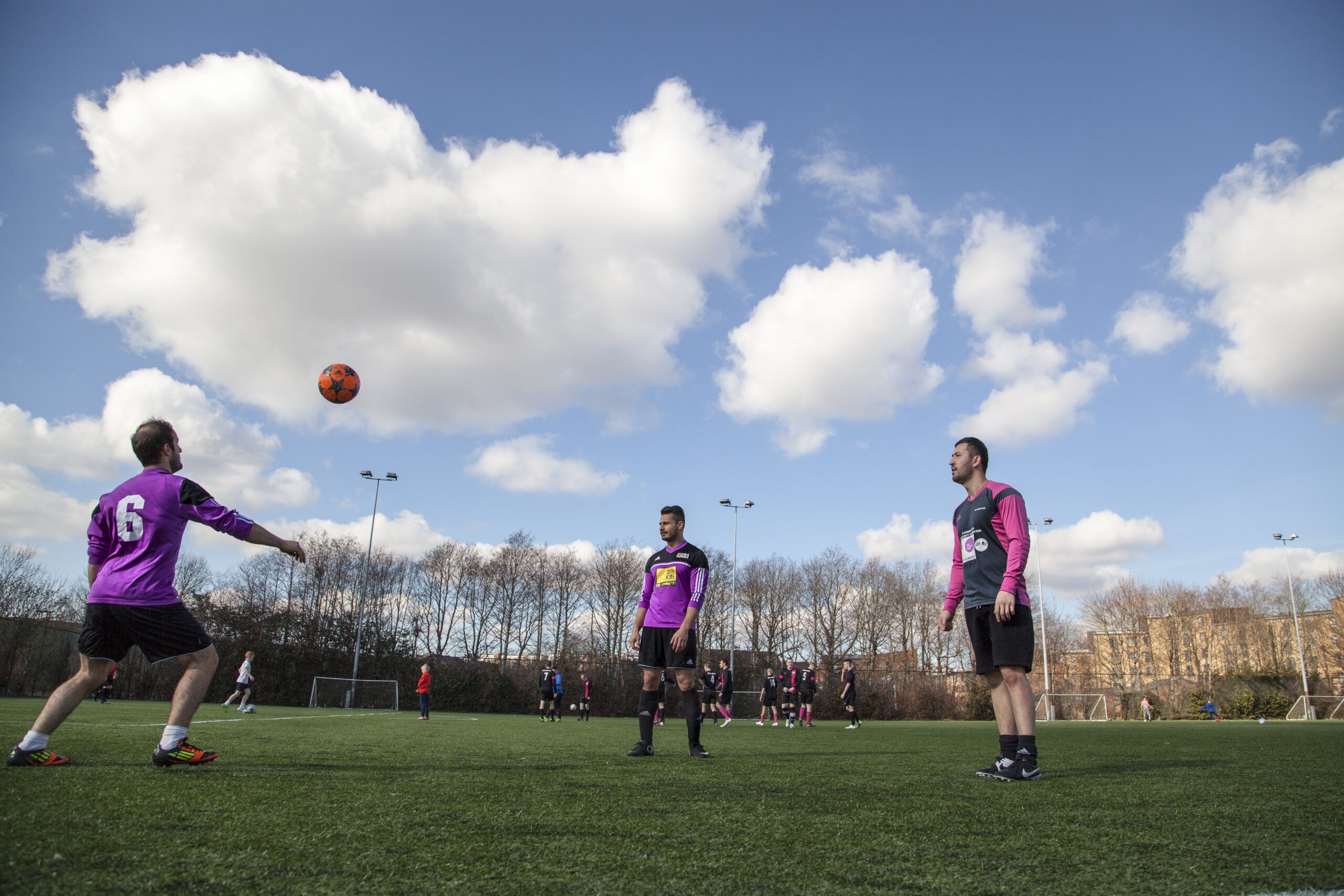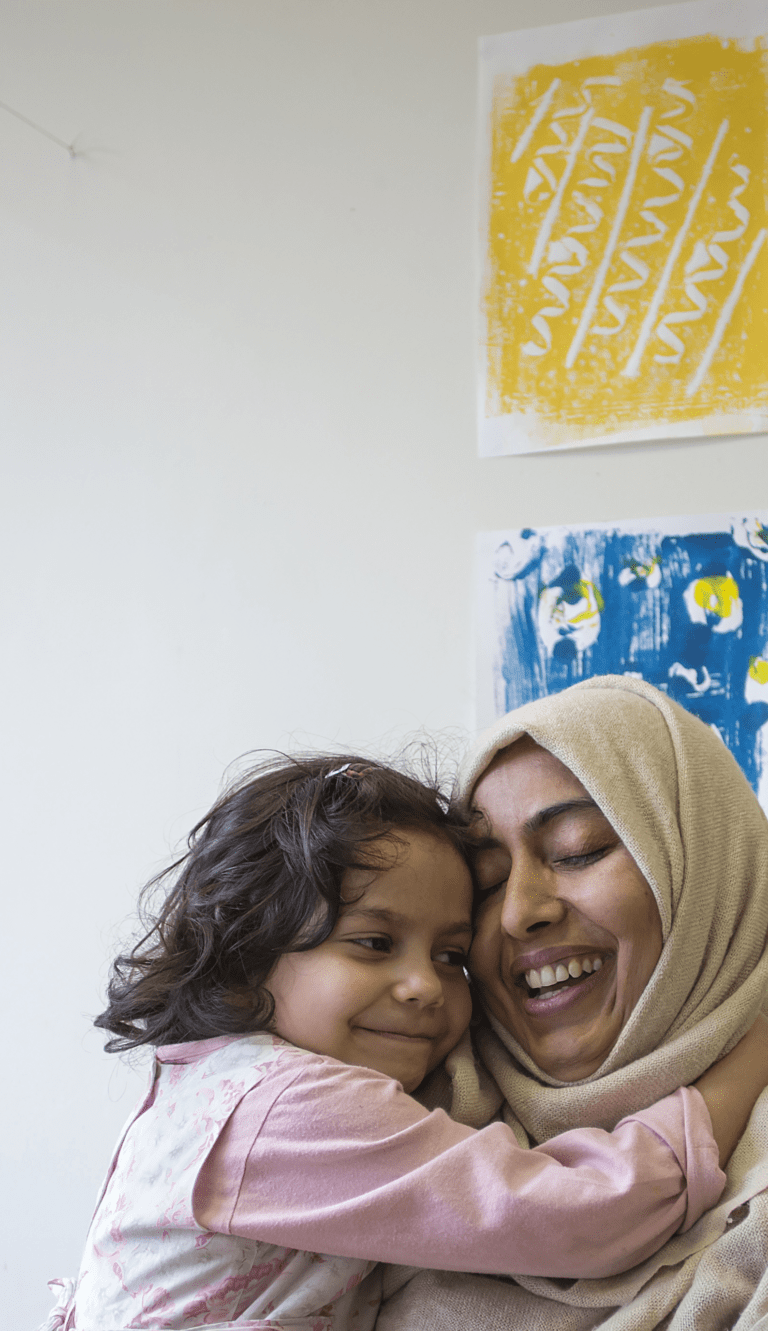Impact
We engaged with 77 New Scots and delivered 52 sessions in total.
Overall, our groups were well attended and everyone taking part, both learners and staff, felt that they were a valuable learning experience and more importantly they were a safe and welcoming space in the week where everyone could relax, connect with others, share experiences and laugh.
Using lunch as an integral part of the sessions proved very successful. It highlighted the effectiveness of sharing food in bringing people together.
Everyone quickly relaxed and chatted more as the focus was on the food rather than on them. It provided the opportunities to talk about their home countries, the foods they enjoyed and to explore the similarities in dishes and mealtime customs around the world when the meal was finished everyone worked together quickly to clear the table and wash up, which accelerated the cohesiveness of the group.
Two of our ESOL learners were particularly involved in establishing the group in Erskine, encouraging people to come each week and helping everyone to feel welcome and included. They were extremely supportive of staff and have now joined our team as volunteers.
Some of our feedback :
I met new people. I was learning new things. It felt so nice to have each of us from a different culture eating at the same table. We were conversing in English at the same time.
The group is very welcoming. It is a good way to improve my English and I feel involved in the community. The food is marvellous every week. 5-star chefs!
We helped prepare food. We sat at the dinner table and arranged everything after we were done. We finished conversation and questions helped us learn English.
I feel safe in Scotland and want to stay here. My grandson, Matthew enjoyed playing scrabble. I have enjoyed all the activities, learning about Renfrewshire, and meeting new friends. It helped me to know new people in a different nationality and to improve my English languages.




